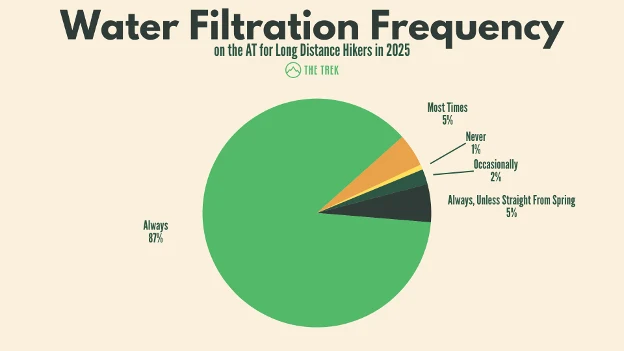Sante: Sa yo se Sentòm yo tikè ou bezwen konnen, dapre Ekspè yo
Sante: Sa yo se Sentòm yo tikè ou bezwen konnen, dapre Ekspè yo

Sante: Sa yo se Sentòm yo tikè ou bezwen konnen, dapre Ekspè yo
YouTube video highlight
Sa yo se Sentòm yo tikè ou bezwen konnen, dapre Ekspè yo
Read more about the projectSa yo se Sentòm yo tikè ou bezwen konnen, dapre Ekspè yo
The telltale bulls-eye rash is one indicator—but it's not the only sign.
When you find a tick crawling through your hair or stuck to your skin, two thoughts probably pop into your mind mind immediately: How do I get this thing off of me? And: Should I be freaking out right now?
Good news: The majority of tick bites are painless or only cause a little redness, itching, and swelling. They can be treated at home by removing the tick and cleaning the area.
However, with increasing rates of tick-borne diseases, per the Centers for Disease Control and Prevention, it's understandable to feel concerned about a close call. Generally, it takes a tick at least three days to transmit Lyme disease, though some other infections can be passed on within a few hours or minutes, according to the Mayo Clinic.
If you plan to spend lots of time in your backyard or hiking this spring and summer, it helps to be able to differentiate between mild and serious symptoms of a tick bite—and how to avoid these creepy crawlers in the first place. Here's what you need to know written by Lauren Krouse.
Sante: Sa yo se Sentòm yo tikè ou bezwen konnen, dapre Ekspè yo


Sa yo se Sentòm yo tikè ou bezwen konnen, dapre Ekspè yo
The telltale bulls-eye rash is one indicator—but it's not the only sign.
When you find a tick crawling through your hair or stuck to your skin, two thoughts probably pop into your mind mind immediately: How do I get this thing off of me? And: Should I be freaking out right now?
Good news: The majority of tick bites are painless or only cause a little redness, itching, and swelling. They can be treated at home by removing the tick and cleaning the area.
However, with increasing rates of tick-borne diseases, per the Centers for Disease Control and Prevention, it's understandable to feel concerned about a close call. Generally, it takes a tick at least three days to transmit Lyme disease, though some other infections can be passed on within a few hours or minutes, according to the Mayo Clinic.
If you plan to spend lots of time in your backyard or hiking this spring and summer, it helps to be able to differentiate between mild and serious symptoms of a tick bite—and how to avoid these creepy crawlers in the first place. Here's what you need to know written by Lauren Krouse.
Sante: Sa yo se Sentòm yo tikè ou bezwen konnen, dapre Ekspè yo


Sa yo se Sentòm yo tikè ou bezwen konnen, dapre Ekspè yo
The telltale bulls-eye rash is one indicator—but it's not the only sign.
When you find a tick crawling through your hair or stuck to your skin, two thoughts probably pop into your mind mind immediately: How do I get this thing off of me? And: Should I be freaking out right now?
Good news: The majority of tick bites are painless or only cause a little redness, itching, and swelling. They can be treated at home by removing the tick and cleaning the area.
However, with increasing rates of tick-borne diseases, per the Centers for Disease Control and Prevention, it's understandable to feel concerned about a close call. Generally, it takes a tick at least three days to transmit Lyme disease, though some other infections can be passed on within a few hours or minutes, according to the Mayo Clinic.
If you plan to spend lots of time in your backyard or hiking this spring and summer, it helps to be able to differentiate between mild and serious symptoms of a tick bite—and how to avoid these creepy crawlers in the first place. Here's what you need to know written by Lauren Krouse.
























































































































